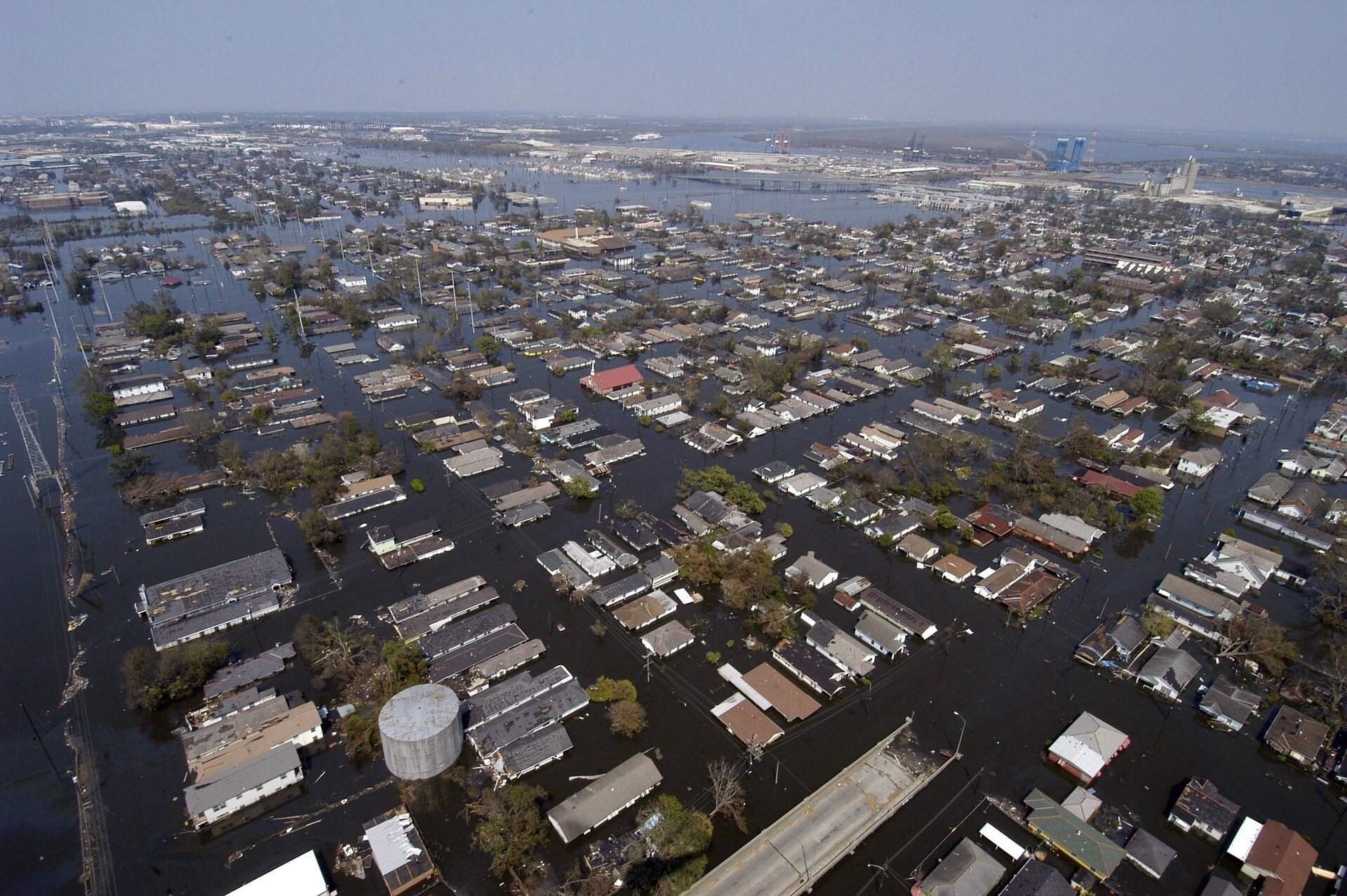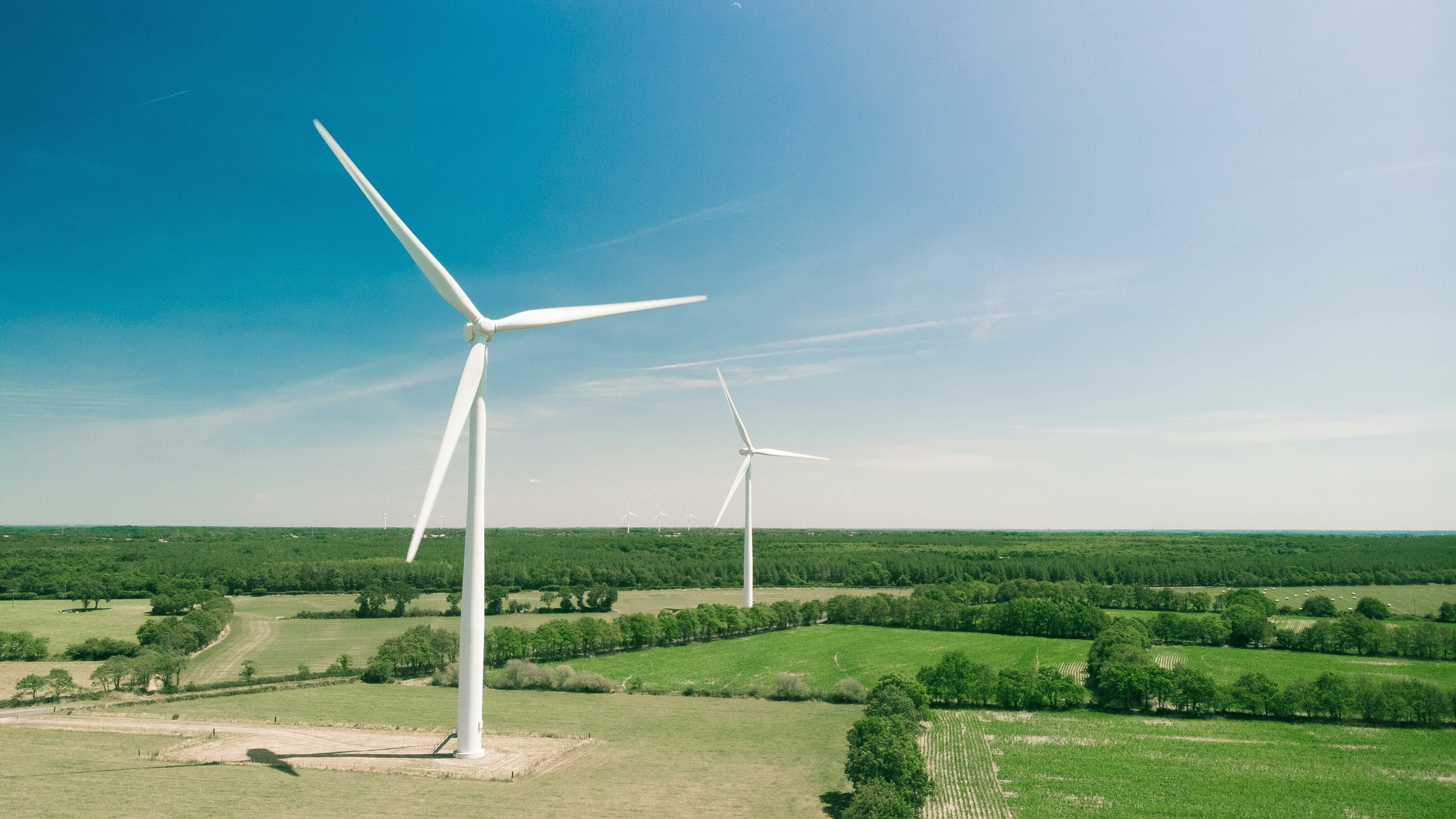What is a rolling recession? And are we in one right now?

A rolling recession means some industries are contracting as others expand. Image: Unsplash/Christine Roy

Get involved with our crowdsourced digital platform to deliver impact at scale
Stay up to date:
United States
Listen to the article
- The phrase 'rolling recession' is being used to describe the current economic situation, particularly in the United States.
- This is when some sectors are contracting, while others expand.
- Some areas of the economy remaining strong could head off an outright recession, experts say.
- That has implications for economic policy, with the Federal Reserve monitoring the data closely.
When is a recession not a recession?
If that feels like a trick question, the answer – when it is rolling – also feels a bit tricksy.
Traditionally, in the US, recessions are defined by the National Bureau of Economic Research (NBER) as “a significant decline in economic activity that is spread across the economy and that lasts more than a few months”.
The difficulties of defining recession
Other rules of thumb include two consecutive quarters of falling real gross domestic product, but the NBER definition gives some leeway, so although the economy might be contracting and it might not feel very good to consumers, they may stop short of applying the recession label.
The other difficulty with those definitions is that they rely on different areas of the economy all contracting at roughly the same time. In other circumstances, individual sectors might all decline, just not at exactly the same moment.
Add the layers of uncertainty that are shaping the prospects at the moment – supply chains, war, inflation - and you get a decidedly cloudy outlook that’s subject to change. Last year, the World Economic Forum’s Chief Economists Outlook flagged the risk of a 2023 recession, as inflation choked global growth. By the time they convened for the Forum’s Annual Meeting in January, the mood had improved, with glimmers of hope and the International Monetary Fund (IMF) nudging up its 2023 growth forecast.
So what is a rolling recession?
“A rolling recession … is in progress,” Sung Won Sohn, professor of finance and economics at Loyola Marymount University, announced in February.
The uncertainty and uneven nature of what’s happening, particularly in the US, has given rise to the term rolling recession. Whereas a standard recession hits all sectors at approximately the same time, a rolling recession means some industries are contracting as others expand.
Sector-by-sector data seems to confirm this, with the S&P Global US Sector Purchasing Managers’ Index - a gauge that tracks output across seven US sectors - showing a mixed picture.

Business activity increased in three out of seven sectors during February, the data shows. While this was the highest since October 2022, the picture is mixed with Consumer Services and Industrials returning to growth, while the Healthcare category saw a renewed decline.
Technology was the strongest sector, while Financials was the worst-performing.
What are the implications of a rolling recession?
Some areas of the economy remaining strong could head off an outright recession and help the job market stay buoyant. And all of that has implications for inflation, interest rates and the cost of money.
How is the World Economic Forum improving the global financial system?
In the latest Chief Economists Outlook from the Forum, almost two-thirds of respondents said a global recession was likely in 2023, while a third of respondents said it was unlikely, showing how unclear the outlook is.
US Federal Reserve Chair Jerome Powell told Congress this month that the US economy “slowed significantly last year” and the current data is mixed.
“Although consumer spending appears to be expanding at a solid pace this quarter, other recent indicators point to subdued growth of spending and production,” he said. “Activity in the housing sector continues to weaken, largely reflecting higher mortgage rates. Higher interest rates and slower output growth also appear to be weighing on business fixed investment.”
And data shows the labour market remains strong, with the US unemployment rate at its lowest level since 1969.
Economic data and reports will be key to determining any action the Federal Reserve takes, he said.
“We will continue to make our decisions meeting by meeting, taking into account the totality of incoming data and their implications for the outlook for economic activity and inflation,” Powell said.
All the more reason to watch the data as it rolls in.
Don't miss any update on this topic
Create a free account and access your personalized content collection with our latest publications and analyses.
License and Republishing
World Economic Forum articles may be republished in accordance with the Creative Commons Attribution-NonCommercial-NoDerivatives 4.0 International Public License, and in accordance with our Terms of Use.
The views expressed in this article are those of the author alone and not the World Economic Forum.
Related topics:
The Agenda Weekly
A weekly update of the most important issues driving the global agenda
You can unsubscribe at any time using the link in our emails. For more details, review our privacy policy.
More on Global RisksSee all
Gareth Byatt and Ilan Kelman
March 11, 2024
Andrea Willige
March 6, 2024
Richard Aster
November 15, 2023
Ian Shine and Rebecca Geldard
November 14, 2023
Andrea Willige
October 26, 2023
Simon Torkington
September 14, 2023






